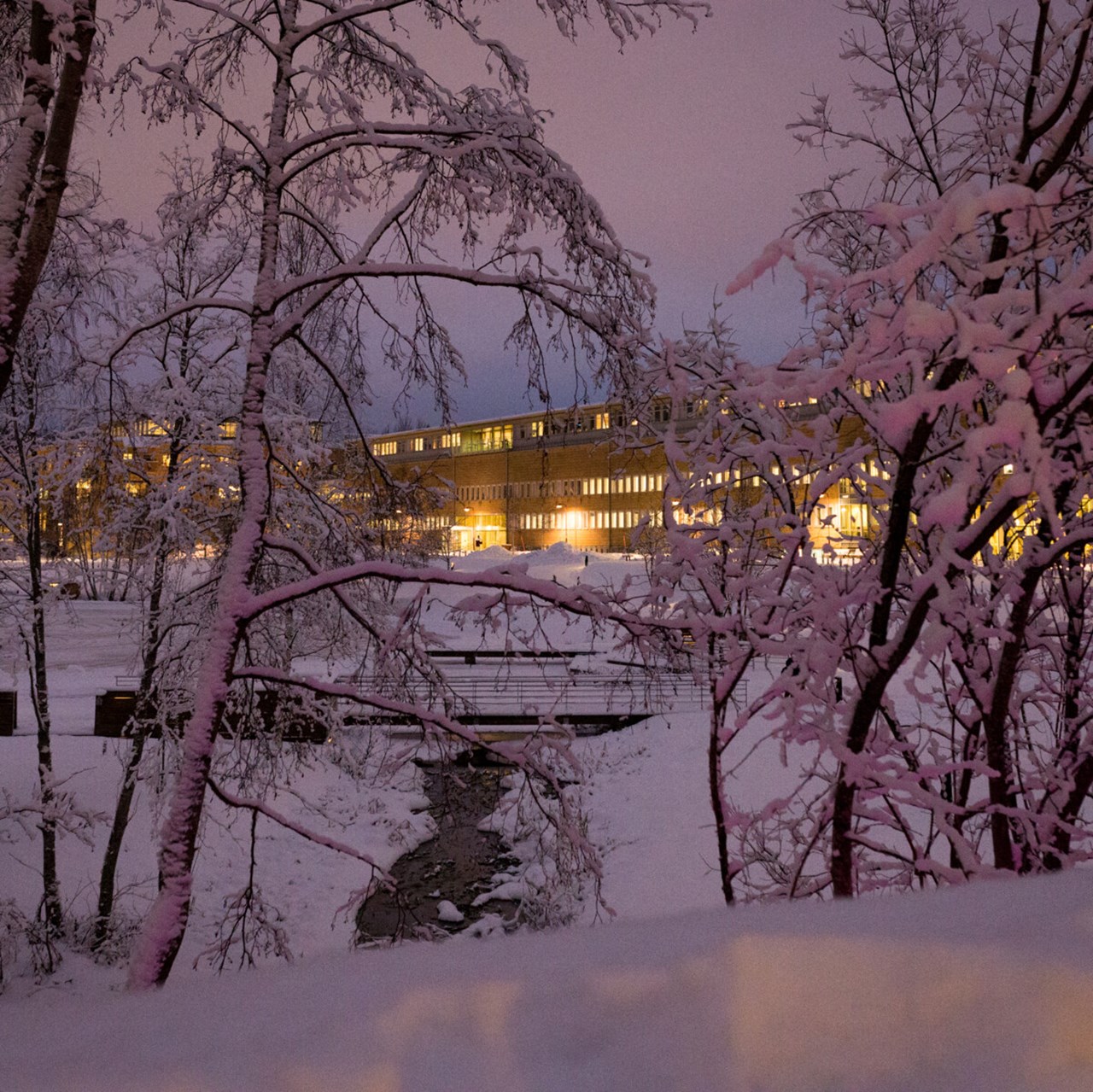Umeå's darkest days in 2022
21 December
Sunrise: 09:27 Sunset: 13:45
22 December
Sunrise: 09:28 Sunset: 13:46
23 December
Sunrise: 09:28 Sunset: 13:46

PROFILE Maria Nordin, associate professor at the Department of Psychology, explains why sleep is so important for our health and raises awareness of how darkness affects us far more than we think.
